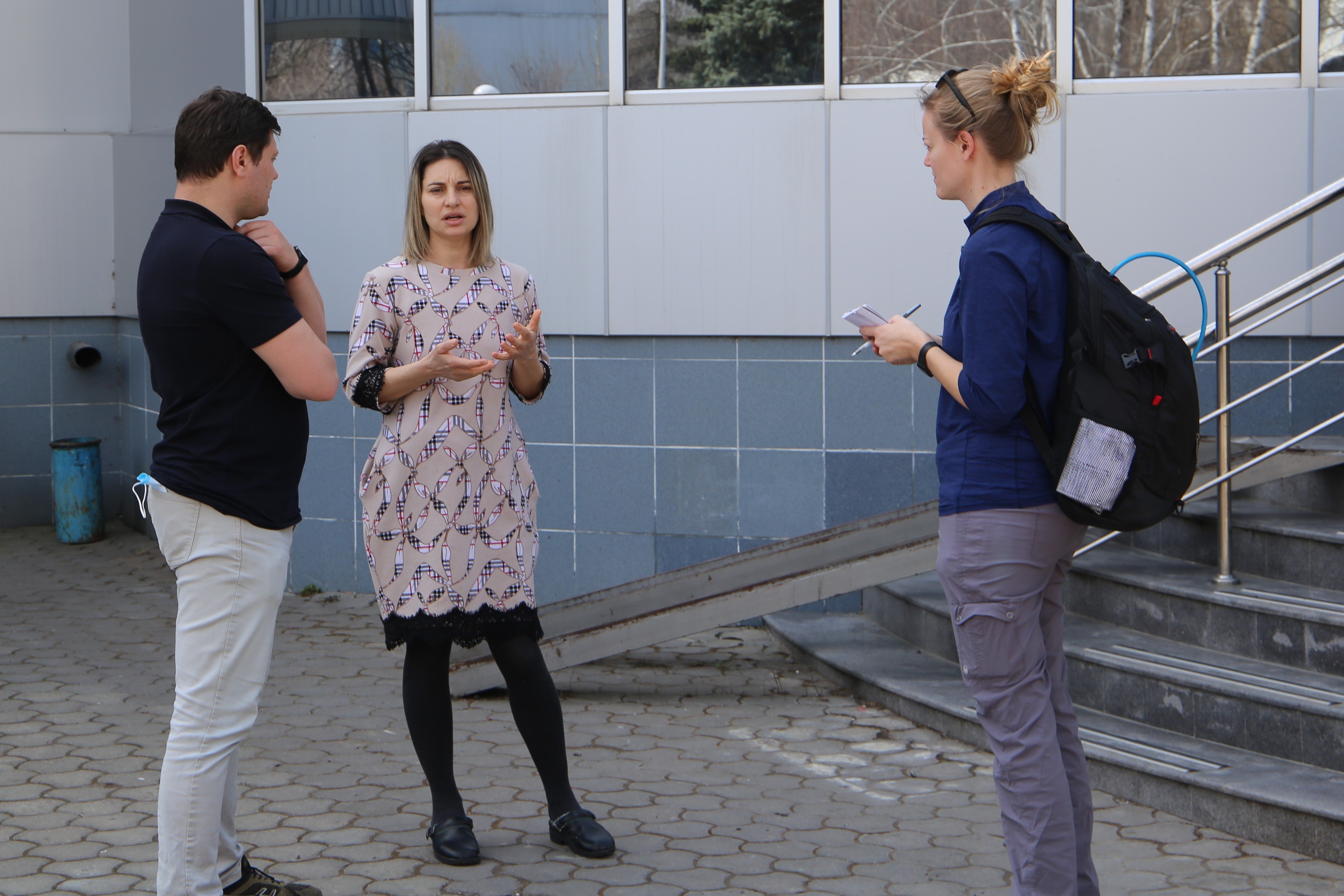UK charities in Europe ‘prepared’ in case Ukraine refugee influx continues
Steph Christensen, from Cornwall-based ShelterBox, said support has been given to thousands of people fleeing to continental Europe.

An international disaster relief charity helping Ukrainians in eastern Europe says it is prepared to scale up its operations if the influx of refugees continues.
ShelterBox has spent weeks helping in Ukraine, Poland and Moldova since the Russian invasion sent millions of people fleeing for safety.
The charity said it expects the number of people reaching the Ukrainian borders to increase as the war continues, despite reports that many have already started returning home.
Steph Christensen, a ShelterBox response team member in the Moldovan capital Chisinau, told the PA news agency: “I think all of the humanitarian organisations here recognise that if the situation were to change drastically or go on for a significantly long amount of time that they would start to need more and more support from the humanitarian community to keep that up.
“We know that things can change rapidly, and we’re preparing, if needed, to be able to scale-up significantly.”
Mrs Christensen said ShelterBox provided thousands of mattresses to the many of the roughly 10% of refugees in so-called collective centres – such as schools and leisure centres, where their details and needs are logged – as well as working to get aid including shelter kits across the border.
But she said the situation was “complex and constantly changing”.
She said: “I talked to a woman (in Chisinau) yesterday who fled with her four small children, (it was) really just a very emotional conversation, having to pack a few clothes, that’s all they were able to bring with them.
“It’s incredibly stressful leaving family behind and not knowing what’s next – not knowing, once you get over the border, where you go, what you do.
“And a lot of the things that we’ve heard are people have had to leave their jobs, so they no longer have a steady income coming in. But then there’s a question of how long are you staying here? Can you get a local job here?
“By and large, everybody wants to be able to go home. Most people aren’t looking to settle, long-term, somewhere else – everyone we’ve spoken to just wants to go home, and so it’s kind of all up in the air.”
It's hard to predict where things will go and we are prepared if things escalate to be there to help those people when they need it
She said the Moldovan government was “coping incredibly well” with the number of refugees it has accommodated in recent weeks, but said: “Right now, it’s hard to predict where things will go and we are prepared if things escalate to be there to help those people when they need it, and really just keeping our options open.”
The 33-year-old also praised the “incredible” generosity of people who have supported the humanitarian effort.
She said: “I’ve seen time and time again around the world, when you give to ShelterBox, the incredible impact of giving someone a safe place to sleep for the night, belongings when they’ve lost everything – it’s really one of the most incredible gifts you can give someone.”
For more information visit shelterbox.org